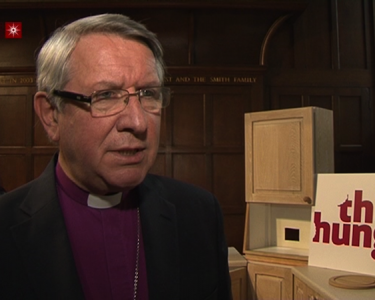A LEICESTER mum, who has campaigned tirelessly to make smart motorways safer after her child was killed in a traffic collision, has announced a campaign to introduce a new law in tribute to him.
Meera Naran, who is a senior lecturer in Clinical Pharmacy at De Montfort University, has announced a campaign to introduce a new law in tribute to her son Dev, who was killed back in May 2018, when a lorry ploughed into the car he was in. The car had stopped on a hard shoulder of the M6, which was being used by moving traffic.
‘Dev’s Law’ would make it compulsory for all new vehicles to be fitted with Autonomous Emergency Braking (AEB), which automatically detects a stationary object or vulnerable road user and stops the vehicle.
Meera believes strongly that if the HGV involved in the collision that killed her son had been fitted with AEB, Dev would still be alive today. ‘Dev’s Law’ will ensure hundreds of lives are saved on British roads.

“AEB would have saved my Dev and calling it Dev’s Law would be in his memory, so that every child reaches home to their mum and dad and no parent has to ever go through the pain of loss as we have done,” she said.
“Grief is all-consuming…and it is devastating. If allowed, it can consume you. But I always believed in turning that into something positive by helping to save the lives of others. That’s what keeps me going.”
Last week, Meera, who has been awarded an MBE for Services to Road Safety, also welcomed a new commitment made by the government, to spend £900 million on improving the smart motorway network, including the additional emergency refuge areas and technology.
The Department for Transport made three major announcements, which address Meera’s two-year-long campaign.
They have agreed to pause the rollout of new All Lane Running smart motorway schemes until five years of safety data is available and have also commitment to upgrading current stretches of smart motorway with ‘best-in-class’ technology and resources.
The government has also committed to spending £900 million on ensuring drivers feel safe and confident, including an extra £390 million to install additional emergency areas, giving drivers more places to stop if they run into difficulties.
“After more than two years of campaigning following the death of my son Dev, I welcome this announcement and the commitment of £900 million to improve the smart motorway network, including the additional emergency refuge areas and technology,” said Meera of the plans.
“The report from the Transport Select Committee shows both smart motorways and conventional motorways with hard shoulders have their risks and benefits. However, I believe this pause in the roll out will give us all the time to assess the future of our motorway network.”
Smart motorways use technology and other measures to cut congestion, such as opening the hard shoulder, but there are fears about their safety because of fatal accidents involving stationary cars being hit from behind.
There were 11 deaths on smart motorways in 2018, a figure which figure rose to 15 in 2019.






